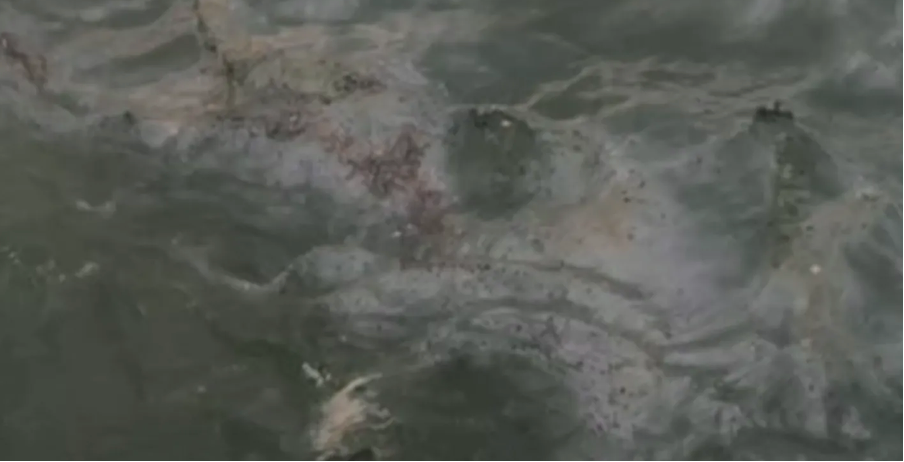On August 15, the Motor Tanker (MT) Terra Nova capsized amid heavy monsoon rains that lashed large parts of the country. The 65-meter vessel was carrying nearly 1.5 million litres of industrial fuel, according to official reports. The incident occurred 3.6 nautical miles off the coast of Limay in Bataan, an area well-known for its fishing industry, raising concerns about the potential impact on both marine life and local livelihoods.
In response, the Philippine Coast Guard (PCG) swiftly deployed floating barriers and initiated oil spill clean-up efforts to prevent the spill from reaching Manila’s coastline.
To coordinate with various PCG units and other agencies, the PCG utilised, among other means, IORIS, the communication, cooperation, and collaboration platform developed by CRIMARIO, which is now used by over 100 navies, authorities, and agencies across more than 50 countries in the Indo-Pacific.
By September 12, the emergency was declared over, following the PCG’s final inspection at the site of the sunken vessel in Limay, Bataan. The activity was led by Marine Environmental Protection Command (MEPCOM) Commander, Vice Admiral Roy Echeverria. Harbor Star, the contracted salvage company, reported that they recovered 1,415,954 litres of oil along with 17,725 kilograms of solid oily waste, achieving a recovery rate of 97.43%.
Since signing the IORIS Partnership Agreement (IPA) in Sep 2023, the PCG has progressively transitioned to a more integrated approach in coordinating joint operations, using IORIS between its districts and stations and across multiple agencies. This collaborative approach has been key in tackling maritime challenges.
The use of real-time, encrypted communication through IORIS has enhanced the PCG’s response time and operational efficiency, particularly in managing MARPOL situations like this one, significantly improving their ability to jointly protect both the environment and the fishing resources.

